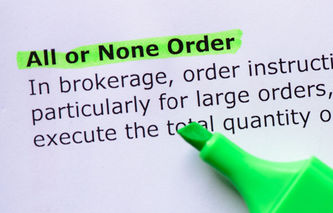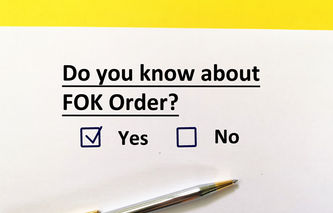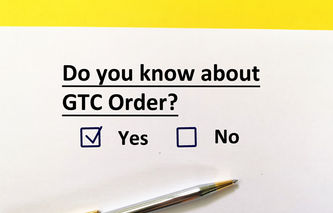Definition
The term market order refers to instructions sent to a broker to buy or sell a security immediately at the best available price. Since there are no restrictions on the selling or purchase price of the security, a market order is oftentimes immediately executed.
Explanation
Also known as an unrestricted order, a market order is typically used in the context of buying or selling shares of stock. A market order instructs the broker to buy or sell a predetermined amount of securities at the prevailing market price. Unless otherwise specified by the investor, the default option when selling or buying securities is a market order.
Unless trading on the stock has been suspended, the execution of a market order is guaranteed in that the shares will be purchased or sold. However, since the order is at the prevailing market price, the price paid or received is not guaranteed and may be very different than what the investor believes is the current market price or the last quote seen. For this reason, market orders can be very risky in fast moving or volatile markets. Investors can place limit orders to reduce this risk, since they allow some control over the price at which the transaction occurs.






